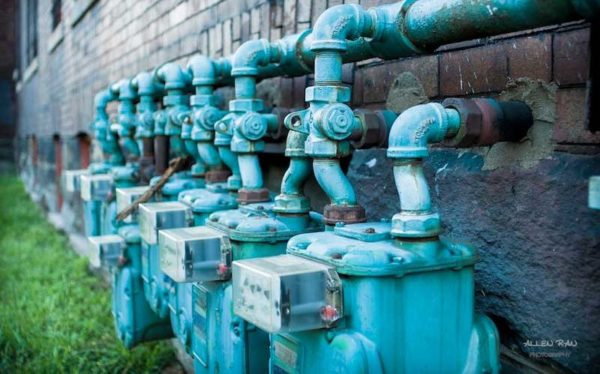‘We Have No Strategy’: Lawmakers Eye New Plan For Emissions Reductions
“We have a history of having these really important goals on the books and not making sufficient progress to meet them.” — Jen Duggan, Conservation Law Foundation
“We have a history of having these really important goals on the books and not making sufficient progress to meet them.” — Jen Duggan, Conservation Law Foundation
Every winter the gas industry tries to scare us, claiming there isn’t enough gas during cold snaps to heat and power our homes. Their solution? More fracked gas and new, expensive gas pipelines. But we don’t have to buy into their propaganda. We have all the power we need without expensive new pipelines.

“We have many options for heating our homes,” says Greg Cunningham, Director of CLF’s Clean Energy and Climate Change program. “Alternatives like heat pumps avoid the use of oil and natural gas furnaces, which pollute our environment and damage our climate.”
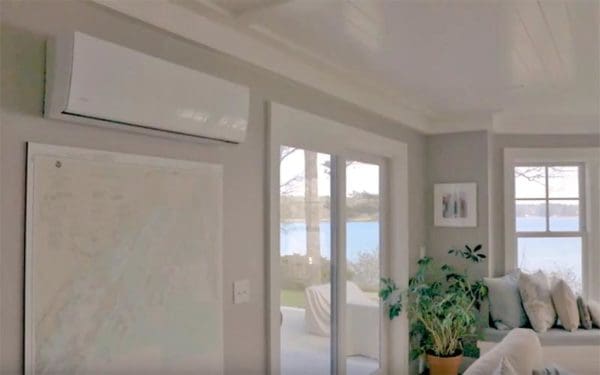
Our electricity grid was designed over 100 years ago. But times have changed. Today, clean, renewable energy can be harnessed right where we live, so electricity doesn’t have to come from polluting power plants miles away. But we have to update our electricity grid to take advantage of it.
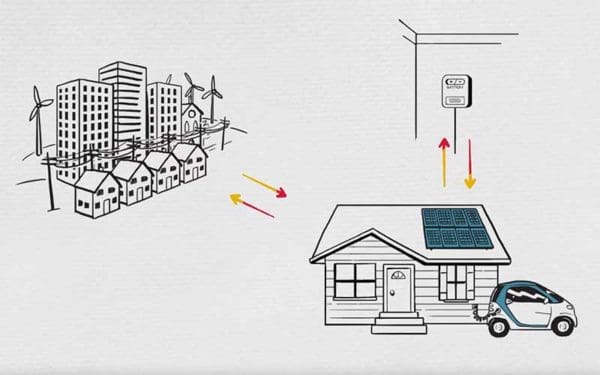
At a time when the federal government is utterly failing to protect us from the impacts of climate change, we need state-level policies like TCI more than ever. If it’s done right, we will all see the benefits.
CLF’ers Elena Mihaly and Tom Irwin show that you don’t have to live in a major city, or even on a paved road, to benefit from driving an electric car.
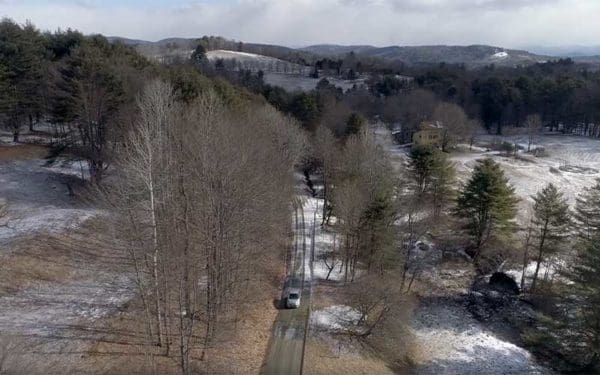
“Combatting the climate crisis is going to take everything we’ve got, and this legislation is a huge step forward,” said Alyssa Rayman-Read, Vice President and Director of CLF Massachusetts. “Getting to net-zero emissions by 2050 is an absolute necessity to protect our communities and our health. But we must hold our leaders accountable to make sure Massachusetts hits the ambitious goals laid out in the bills. We won’t be given another chance to get this right.”
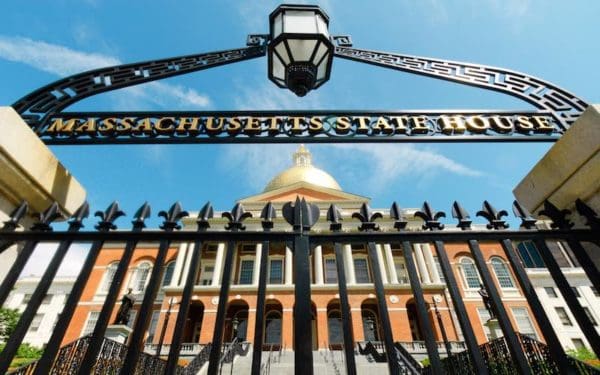
“The areas where urban canopy is the scarcest tend to coincide with neighborhoods that are low-income, minority neighborhoods, and historically red-lined areas,” says Deanna Moran of the Conservation Law Foundation.
Baker’s commitment to net-zero emissions by then was immediately hailed by environmental groups, many of which have been critical of him in the past. The pledge is a “crucial directive [that] puts Massachusetts in the vanguard of states and nations combating climate change,” said Brad Campbell, president of the Conservation Law Foundation.
Exactly a year ago, as families prepared for a brutal winter night, National Grid cut gas service to more than 7,000 customers on Aquidneck Island. With another New England winter upon us, it’s also worth noting that Rhode Island could avoid these types of emergencies entirely by switching from fossil fuels like gas to clean alternatives powered by solar and wind.
